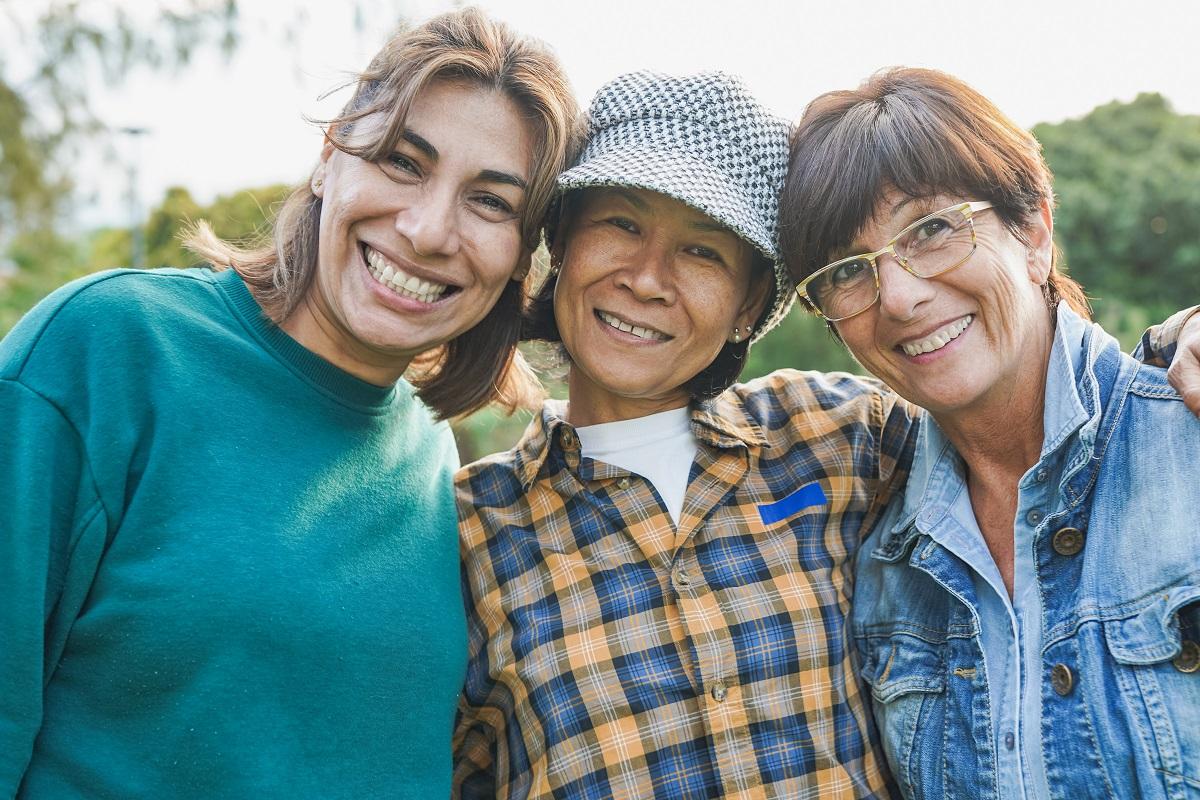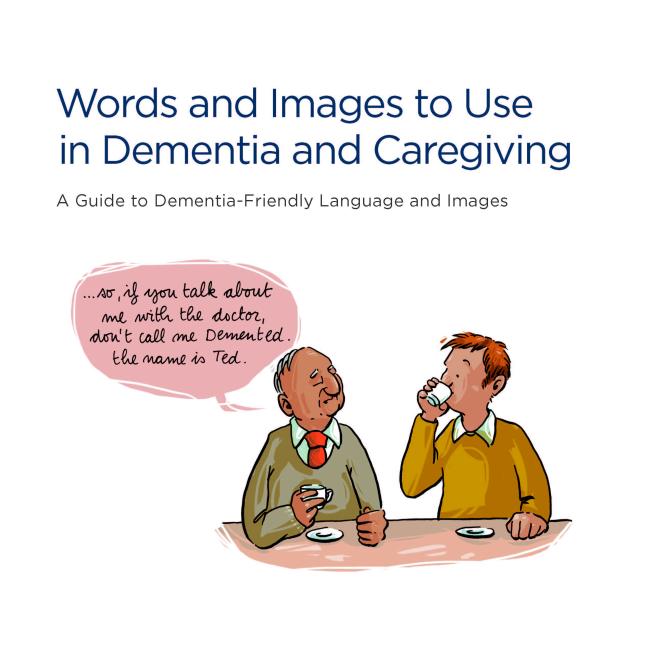Global Perspectives on Person Public Involvement and Engagement in Dementia Research and Projects
In this perspective, Mary Warbelow, Learning Experience Administrative Officer, considers PPIE through the lens and work of Atlantic Fellows for Equity in Brain Health as explored at a recent GBHI webinar.

Many countries are facing issues of rapidly aging populations and challenges with suitable health care structures, reaching underserved populations and reducing stigma surrounding dementia diagnosis and treatment.
In October, GBHI hosted a webinar that explored global perspectives of Person Public Involvement and Engagement (PPIE) in dementia research and projects. Speakers included Atlantic Fellows from Lithuania, South Africa and Brazil who presented in collaboration and discussion with current PPIE participants—delving into universal issues within specific cultural contexts.
“An absolutely core and critical part of GBHI’s work is ensuring that the lived experience of people with dementia around the world informs and is at the heart of what we do,” said Iracema Leroi, GBHI faculty member and event chair.
The session highlighted examples of PPIE expanding dementia awareness in Atlantic Fellows’ communities, influencing carer and patient support, informing research questions, and driving policy change in local and national government:
Dialogue Between Lived Experience and the Scientific Data as a Pathway for Change—Lithuania
Ieva Petkutė, Atlantic Fellow, Co-Founder of “Dementia Lithuania” & Jolita Švatienė, nurse and advocate for the need for change in the carer support system:
- Emphasized the importance of hearing the lived experience voice in creating transformative change particularly when working with government.
- Recounted a recent roundtable discussion with the Lithuanian parliament to advance a dementia strategy for the country, where Jolita shared her story to highlight the disconnect often found between the theoretical and the practical.
The theory that is declared is constructed without any regard to peoples’ situations. It is often announced that services are available and that they are accessible but what actually happens is that they don't match the requirements that people may have.
—Jolita Švatienė, nurse and advocate
Unravelling the Mysteries of Dementia in our Communities—South Africa
Khanyo Ngcobo, Atlantic Fellow, Specialist Psychiatrist & Zethu Makatini, Family and Systemic Psychotherapist, Founder of the Bessie Makatini Foundation:
- Highlighted the major challenges facing dementia management in South Africa including a poor understanding of dementia, lack of dementia services for underrepresented populations and a high risk of cultural stigma surrounding the disease. However, the use of PPIE in research is driving change in the region.
- Shared that by utilising the personal lived experience and reaching out to hospitals, churches, schools, and traditional healers alike, they have been able to expand their reach and have provided services such as therapeutic support for carers, direct work with people with dementia, and support group meetings for carers.
People with lived experience are being involved in research study, design, conduct and dissemination as well as the development of services that affect them. Their insights help enrich what we're trying to do, which improves the quality of projects, and helps meet the needs of the community.
—Khanyo Ngcobo, Atlantic Fellow, Specialist Psychiatrist
Exploring PPIE initiatives in Brazil
Bárbara Costa Beber, Atlantic Fellow, Speech and Language Pathologist & Vanessa Oliveira Brito, nurse, caregiver and PPI group member:
- Demonstrated the importance of engaging PPIE from the very inception of dementia research and that by engaging in this emerging practice they were able to identify and expose difficulties with current service provision in Brazil.
- Discovered through focus groups carers’ great interest in being involved in research and clinical work. However, many concerns have also emerged including the need for carers to better understand dementia and receive parallel psychological support to effectively engage in PPIE.
Without a doubt by including families and carers you can really make a difference in terms of having the correct research and identifying the problems that will really make a difference to people's lives on the ground.
—Vanessa Oliveira Brito, nurse, caregiver and PPI group member
The webinar concluded with a panel discussion in which each presenter/participant gave further insight on their field and experiences ranging from learning from arts practices in traditional research, risk factors and challenges of both involving and not involving PPI in research.
A special thank you to our translators, Dominykas Amankavicius and Bèbhinn Ramsay, who enabled the meaningful inclusion of non-English speakers into the webinar and supported GBHI in promoting equity and diversity.
For more information on PPIE at GBHI please reach out to Mary Warbelow at mary.warbelow@gbhi.org
You can also view a recording of the webinar below:
Authors

Mary Warbelow, MA
Learning Experience Administrative Officer
GBHI Members Mentioned

Iracema Leroi, MD, FRCPC, MRCPsych
Site Director, Trinity College Dublin

Ieva Petkutė, MA
Arts Researcher, Arts Manager

Khanyo Ngcobo, MBChB, FcPsych, MMed
Psychiatrist

Bárbara Costa Beber, PhD
Speech & Language Pathologist




